This resource draws on a review of the evidence and practices regarding rehabilitation in health financing.
All Resources
Showing 211 - 220 of 454
Results are ordered by date, with most recent published resources shown first.
Use the other filters to customize your search.
Results are ordered by date, with most recent published resources shown first.
Use the other filters to customize your search.
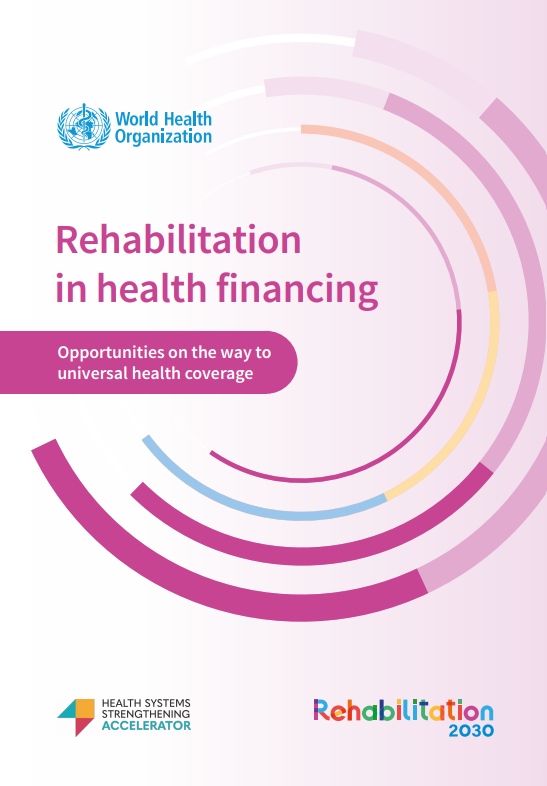
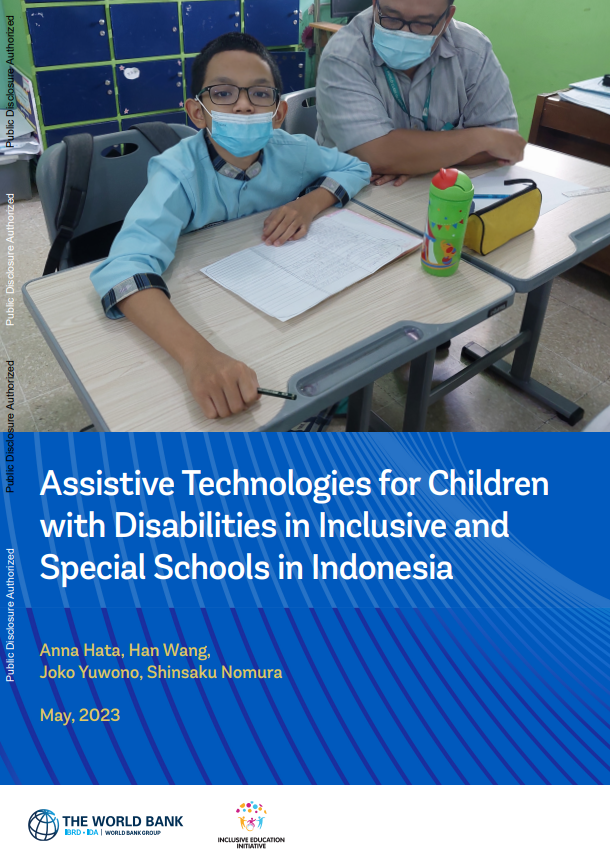
This empirical study of the Indonesian context aims to rigorously examine availability and usage of AT for children with disabilities. It reviews key challenges and support needed in both inclusive and special schools, focusing on teachers in primary and secondary education in Ministry of Education, Culture, Research and Technology (MoECRT). Key questions included: 1…
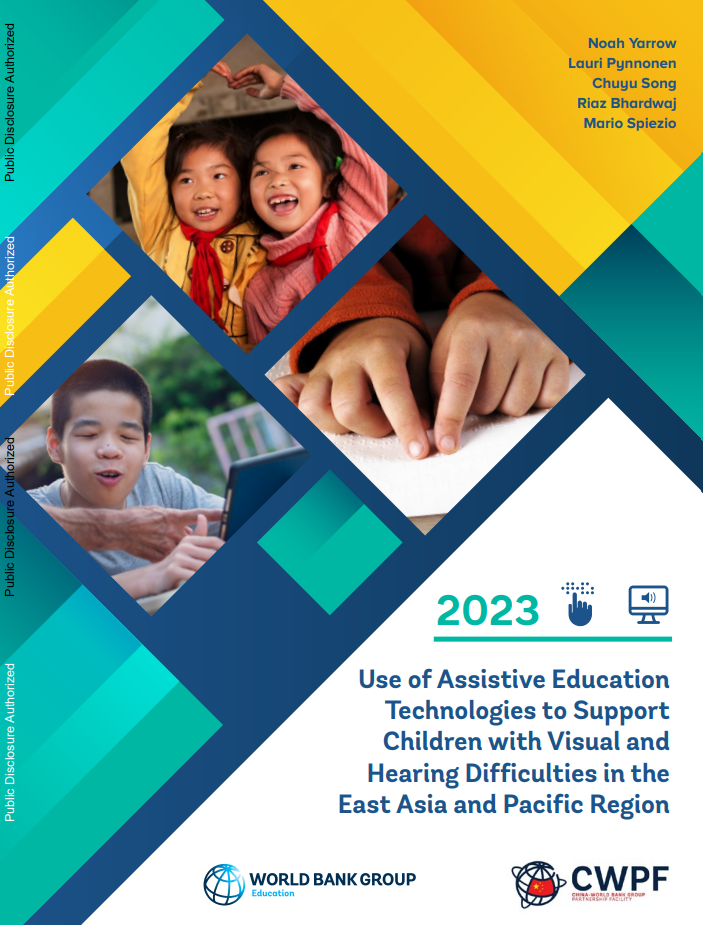
Evidence on the uptake, use, and impact of EdTech at scale on participation and learning among students with disabilities in low- and middle-income countries remains very limited. This report presents findings on access to EdTech for children with difficulties in hearing and vision in middle-income countries (MICs) in the East Asia and Pacific (EAP) region using…
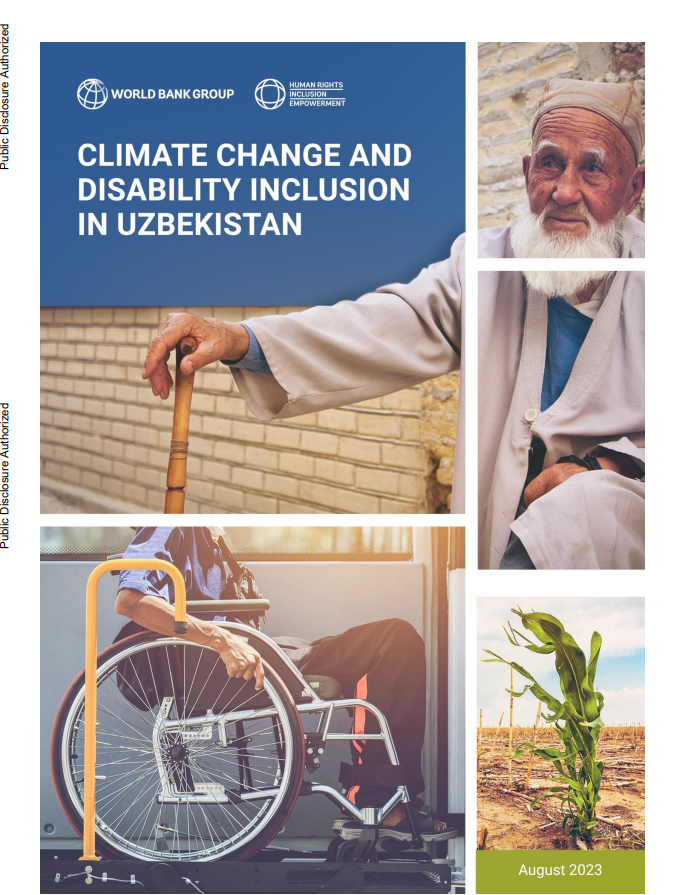
This report examines the impact of climate change on persons with disabilities in Uzbekistan. The study found that persons with disabilities face widespread forms of social and economic marginalization, including exclusion from local social and political life, barriers to accessing essential health services, and discrimination in the labor market. The report…
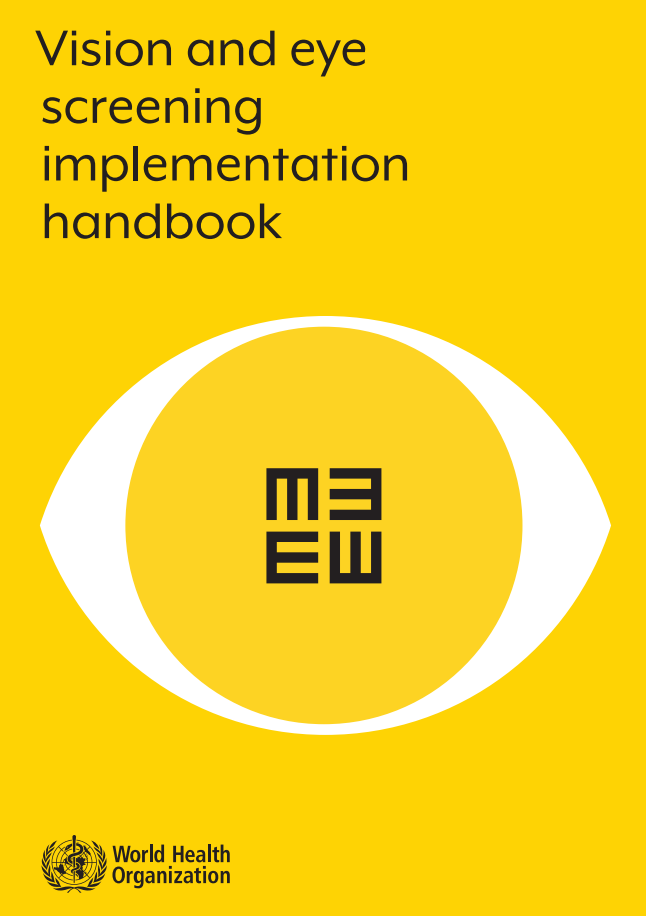
The Vision and eye screening implementation handbook provides guidance on the vision and eye screening requirements for high-risk populations at the community
and primary care levels. The recommendations are evidence-based and developed with a focus on delivering screenings easily, safely, and effectively in low- and low–intermediate-resource settings.
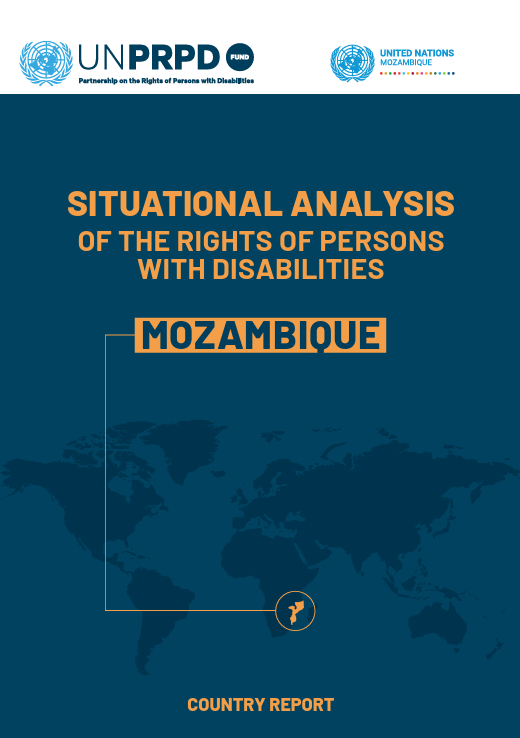
This study which relied on an extensive desk review and series of consultations with key stakeholders – Government, OPDs, UN entities, INGOs – reveals a set of factors that impact on the effective implementation of the CRPD in Mozambique.
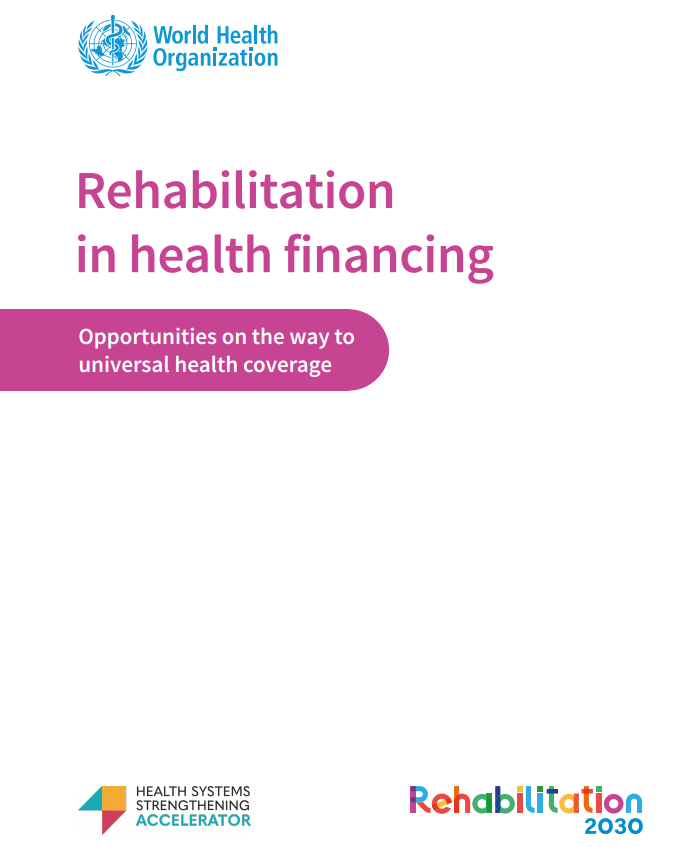
how health financing practices can be harnessed to promote the delivery of rehabilitation services is limited. This document is the first WHO resource on health financing for rehabilitation. It considers current practices for financing rehabilitation services, frames
major challenges and opportunities, and offers guidance to decision-makers engaged in strengthening…
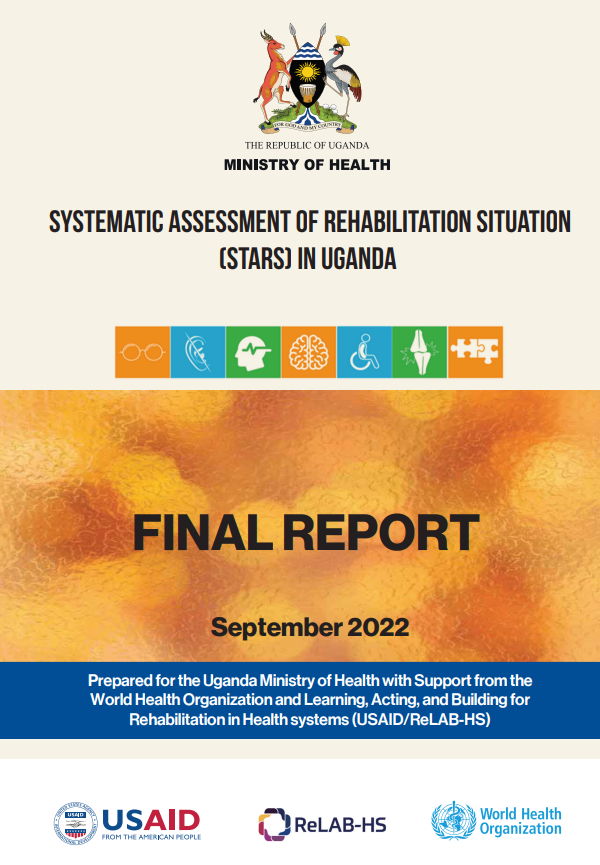
The Ministry of Health in Uganda, with support from the World Health Organization and Learning, Acting and Building Rehabilitation in Health Systems, undertook a national situational assessment of rehabilitation and assistive technology from June to July 2022. This is the final report of its findings.
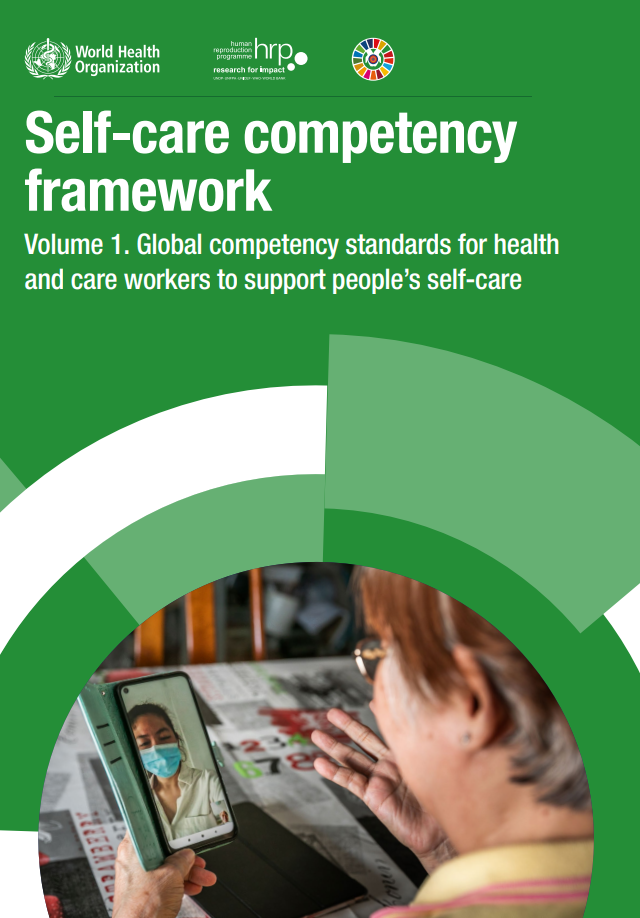
The document presents the Self-care competency framework, a set of global competency standards for health and care workers to support people's self-care, including the providion of self care products
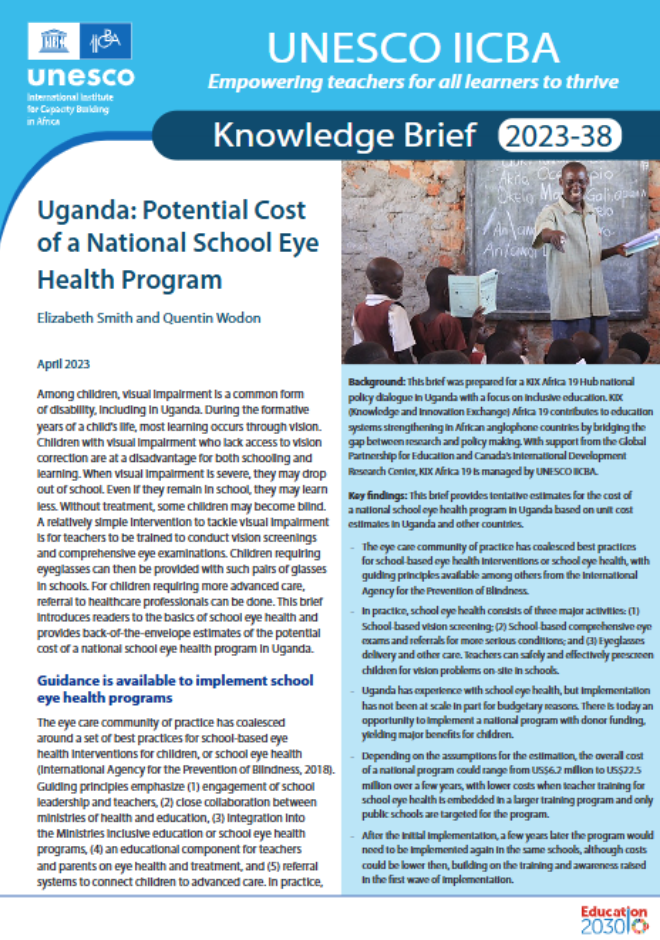
This brief provides tentative estimates for the cost of a national school eye health program in Uganda based on unit cost estimates in Uganda and other countries.
